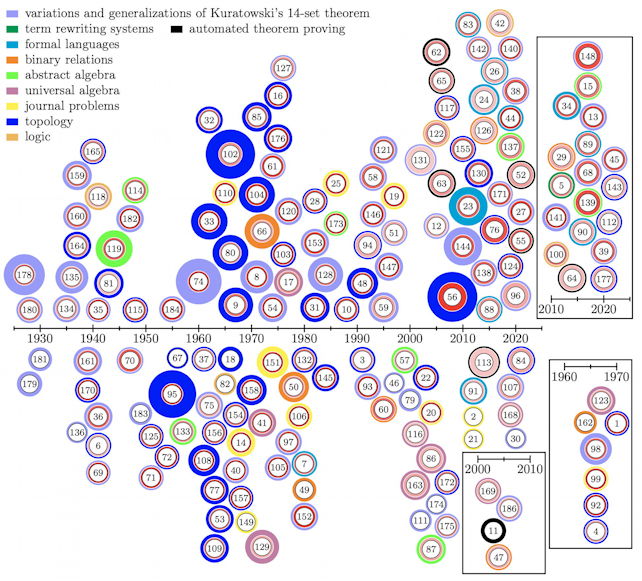As the many answers already make clear, there is not one dedicated source that collects or archives the work of all the masters. Of course, from your question you get a vague understanding what you consider the masters and the time frame you have in mind. Euler, Gauss, Jacobi, Lagrange, Galois, Cayley, Jordan etc are all masters, but the discussion focused a lot on pre-19th century mathematics. I guess most would consider Neumann, Hilbert and Gödel masters as well.
But where you draw the line? For example, would you include translations of Yuri Matiyasevich work on Hilbert's 10th problems (originally published in Russian)?
My point is that having the synopsis to include all the masters is not well-defined, apart from a collection of a bunch of people it gets blurry for others. Should your collection include the work of Otto Hölder, for example? I have not seen him mentioned here, or in any of the linked answers. What about Georg Cantor? Dénes Kőnig? Kuratowski? Paul Erdös? Grothendieck? They all have papers written not in English.
Ok, sorry for my ramblings. To contribute anything to your original question I have to mention the one the masters considered their master: Euclid. His Elements is available in many translations, see the links at the end of the wikipedia page.
Furthermore, I often come across single papers that are foundational or were written by, what would I consider, a master. To give a list of some, probably less know, examples:
Two Papers by Kuratowski:
A translation of the original paper written by M. Presburger showing that the first order theory of the natural numbers is decidable.
A translation of G. S. Makanin's 1966 Ph.D. thesis "On the Identity Problem for Finitely Presented Groups and Semigroups" (2021). This work showed the decidability of equations in free groups (the algorithm actually yields decidability in free monoids). EDIT: This is actually not correct, see the comment by Carl-Fredrik Nyberg Brodda for a more detailed history..
I found a translation of the original paper stating and proving the Sylow Theorems from Sylow.
Translation of a paper by Frobenius.
Translation of a paper by Hölder (unfortunately behind a paywall).
Translation of an often cited paper on synchronizing automata originally published in Slovak by Černý.
Papers (or here) by Axel Thue who worked on patters in strings.
Lastly, Learning via Primary Historical Sources does not contain translations of individual classical papers, but documents that help in reading some of them, even for papers that were originally not published in English.

